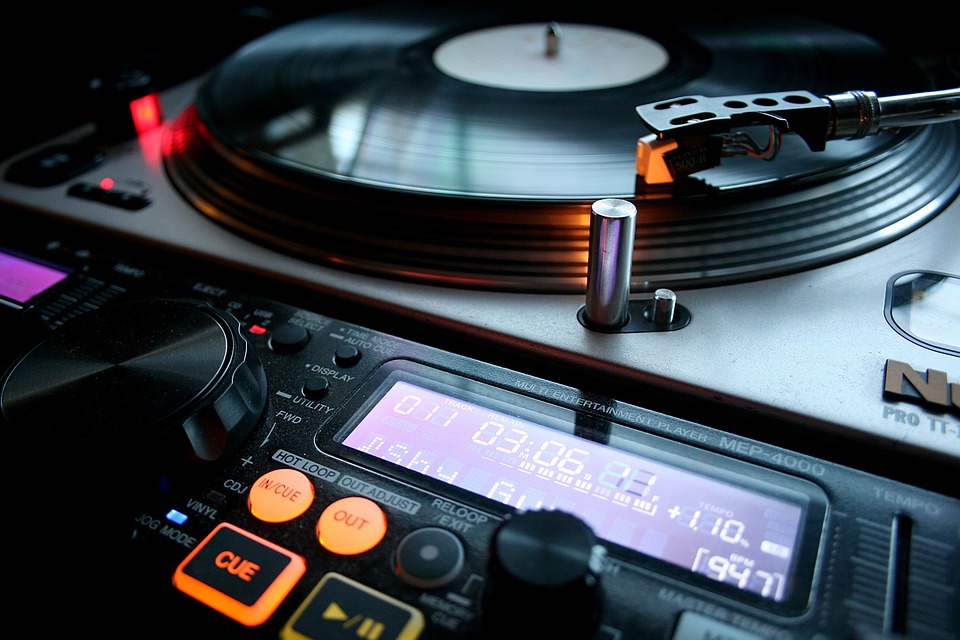Gibson and Paul Reed Smith (PRS) are two of the most iconic guitar brands in the world. Both have their unique characteristics, histories, and loyal fanbases. This article dives into the features, sounds, and overall appeal of both brands to help you determine which one might be the right choice for you.
History of Gibson
Founded in 1902, Gibson has been a significant player in the music industry for over a century. The brand is known for its innovation and craftsmanship, creating some of the most iconic electric guitars in history, such as the Les Paul and the SG. Gibson’s early days were marked by the production of mandolins, but it quickly transitioned into electric guitars in the 1930s.
Throughout the years, Gibson has had its ups and downs, facing financial challenges and changes in ownership. Despite this, the brand has maintained its reputation for high-quality instruments that cater to professional musicians and hobbyists alike. The Les Paul model, in particular, has become synonymous with rock music, played by legends like Jimmy Page and Slash.
History of Paul Reed Smith
Paul Reed Smith started his company in 1985, aiming to create guitars that combined artistic design with high-quality craftsmanship. PRS quickly gained recognition for its beautiful aesthetics and innovative features. Unlike Gibson, PRS guitars often incorporate modern technology and design principles, making them popular among contemporary musicians.
PRS has built a strong reputation in the music industry, attracting well-known artists such as Carlos Santana and Mark Tremonti. The brand’s commitment to quality and innovation has allowed it to carve out a unique niche in the market, appealing to guitarists who seek both visual beauty and exceptional sound quality.
Design and Build Quality
Gibson guitars are renowned for their classic designs. The Les Paul, with its single-cutaway body and thick tone, is a prime example of Gibson’s traditional craftsmanship. The use of mahogany and maple in their construction results in a warm, rich sound that many players adore. Gibson also offers a range of finishes and custom options, allowing players to personalize their instruments.
On the other hand, PRS guitars are celebrated for their modern aesthetics and ergonomic designs. The double-cutaway body shape, known as the PRS Custom, is designed for comfort and playability. PRS uses high-quality woods and finishes, providing players with a visually stunning instrument. The brand is also known for its attention to detail, with intricate inlays and unique color options that stand out on stage.
Sound Characteristics
Gibson guitars are often described as having a warm, thick sound, making them ideal for genres like rock, blues, and jazz. The humbucking pickups commonly found in Gibson models contribute to this rich tone, providing a smooth, full-bodied sound that resonates well in various musical contexts. Players often appreciate the sustain and clarity that Gibson guitars offer, especially in live performance settings.
In contrast, PRS guitars are known for their versatility. The brand’s unique pickup configurations allow players to achieve a wide range of tones, from bright and punchy to warm and mellow. This adaptability makes PRS guitars suitable for various genres, including rock, metal, and pop. Many players enjoy the ability to switch between different sounds, making PRS an attractive option for those who like to experiment with their tone.
Price Range and Value
When it comes to pricing, Gibson guitars tend to be on the higher end of the spectrum. Models like the Les Paul Standard can cost several thousand dollars, making them a significant investment. While they offer exceptional quality, the price may be a barrier for beginner players or those on a budget. However, Gibson also offers more affordable options, such as the Epiphone line, which provides a similar aesthetic and sound at a lower price point.
PRS guitars also range in price, with many models falling between the mid-range and high-end categories. The PRS SE line offers more affordable options for players looking for quality without breaking the bank. These guitars maintain the brand’s high standards while being accessible to a wider audience. Overall, both brands offer instruments that provide good value for the quality they deliver.
Artist Endorsements
Gibson has a long history of endorsement from legendary musicians. Icons like B.B. King, Les Paul, and Eric Clapton have all played Gibson guitars at some point in their careers. This association with high-profile artists has solidified Gibson’s reputation as a top choice for serious musicians, especially in rock and blues genres.
Paul Reed Smith also boasts a roster of famous endorsers, including Santana and John Mayer. These artists have helped elevate the PRS brand, showcasing its versatility and quality. The presence of these musicians in the PRS community has attracted a new generation of guitarists who appreciate the brand’s modern design and sound capabilities.
Customization Options
Gibson offers a variety of customization options, particularly through its Custom Shop. Players can choose from a range of finishes, woods, and hardware to create a one-of-a-kind instrument. This level of personalization appeals to musicians who want their guitars to reflect their unique style and preferences.
PRS is also known for its customization options, allowing players to create their dream guitar through its Private Stock program. This program offers extensive choices in wood selection, color, and inlay designs, making each instrument truly unique. For those seeking a personalized touch, both brands provide excellent customization opportunities.
Playability and Comfort
When it comes to playability, both Gibson and PRS have their strengths. Gibson guitars, particularly the Les Paul, are known for their heavier bodies, which some players find less comfortable for extended playing sessions. However, the weight of these guitars often contributes to their sustain and tone, which many players appreciate.
PRS guitars typically feature a more contoured body design, making them comfortable to hold and play for extended periods. The neck profiles on PRS guitars are often slimmer and faster, appealing to players who prefer a more modern feel. Ultimately, playability is subjective, and players should try both brands to determine which feels best for them.
Resale Value
Gibson guitars tend to hold their value well over time. Certain models, especially vintage ones, can appreciate significantly, making them a good investment for collectors. However, the resale market can fluctuate based on trends and demand, so it’s essential to consider the specific model and condition when evaluating potential resale value.
PRS guitars also maintain their value, although they may not appreciate as dramatically as some Gibson models. The brand’s growing popularity has led to a strong secondary market, making it easier for players to sell their instruments if needed. Both brands offer guitars that can be considered valuable assets for musicians and collectors alike.
Which Brand Should You Choose?
The choice between Gibson and PRS ultimately comes down to personal preference. If you prefer classic rock tones and a traditional aesthetic, Gibson might be the better choice for you. Their guitars have a storied history and are often associated with iconic sounds and artists.
On the other hand, if you value versatility and modern design, PRS could be the ideal fit. Their instruments are known for their adaptability across various genres, allowing players to explore different sounds and styles. Ultimately, the best way to decide is to try out both brands and see which resonates with you the most.
Conclusion
In the battle of Gibson vs. Paul Reed Smith, there is no definitive winner. Both brands offer exceptional quality, unique designs, and a range of options to suit different playing styles and preferences. Whether you lean towards the classic tones of Gibson or the modern versatility of PRS, both brands have something valuable to offer. It’s essential to consider your personal musical style, budget, and comfort when making your choice. Remember, the best guitar is the one that inspires you to play and create music.
FAQs
1. Are Gibson guitars better than PRS guitars?
Not necessarily. It depends on personal preference and playing style. Gibson guitars have a classic sound, while PRS guitars offer versatility. Both brands have their strengths.
2. Which brand offers more affordable options?
PRS generally has a wider range of affordable options, especially with their SE line, while Gibson’s Epiphone offers budget-friendly alternatives to their more expensive models.
3. Can I customize my Gibson or PRS guitar?
Yes, both brands offer customization options. Gibson has a Custom Shop for personalized guitars, while PRS offers a Private Stock program for extensive customization.
4. Which brand is more popular among professional musicians?
Both brands have a significant presence among professional musicians. Gibson has a long history with iconic artists, while PRS has gained popularity in recent years with modern players.
5. How do I choose between the two brands?
Try out guitars from both brands in a store to see which one feels and sounds better to you. Consider your musical style, budget, and the specific features you desire in a guitar.


